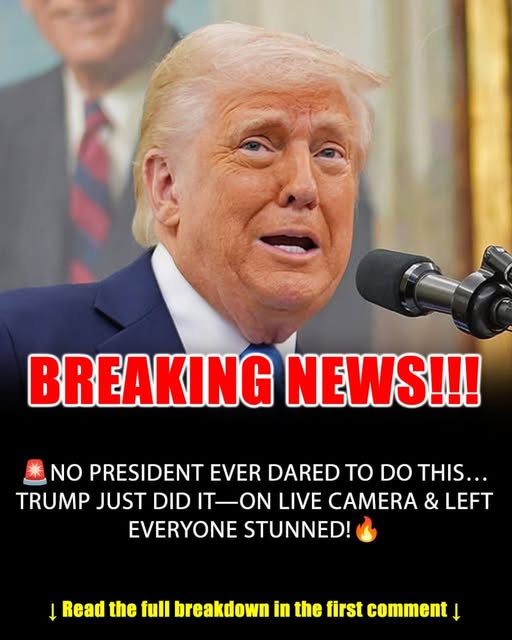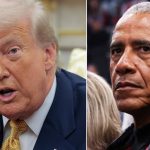Trump Hints at Retaliation Against the Press
In remarks that have rattled journalists and free speech advocates alike, Donald Trump publicly warned that “changes are coming” — not aimed at foreign policy or the economy, but at the media itself.
Fuming over negative coverage of a failed Iran strike, Trump accused the press of being “out of control” and suggested that retaliation could be on the horizon.
Press Freedom Advocates Sound the Alarm
Organizations such as the Committee to Protect Journalists (CPJ) immediately condemned the comments, calling them a direct threat to the First Amendment.
“This isn’t just bluster,” critics argued. “When a president openly threatens the press, the line between rhetoric and action begins to blur.”
Why It Matters
For over two centuries, a free press has stood as one of democracy’s strongest safeguards. By hinting at punishment for unfavorable coverage, Trump raises questions about whether political power will tolerate scrutiny — or try to silence it.
The warning leaves journalists asking not just how to report the news, but how to defend the very conditions that allow news to exist.
A Deeper Reflection
History teaches that when rulers grow hostile to truth-tellers, society drifts toward darkness. As Sufi wisdom reminds us: “Silence before oppression is itself a form of speech.” The role of the press, then, is not only to inform but to endure — to keep speaking even when power turns against it.
The question is no longer abstract: How will a free press defend itself when the threat comes from above?


